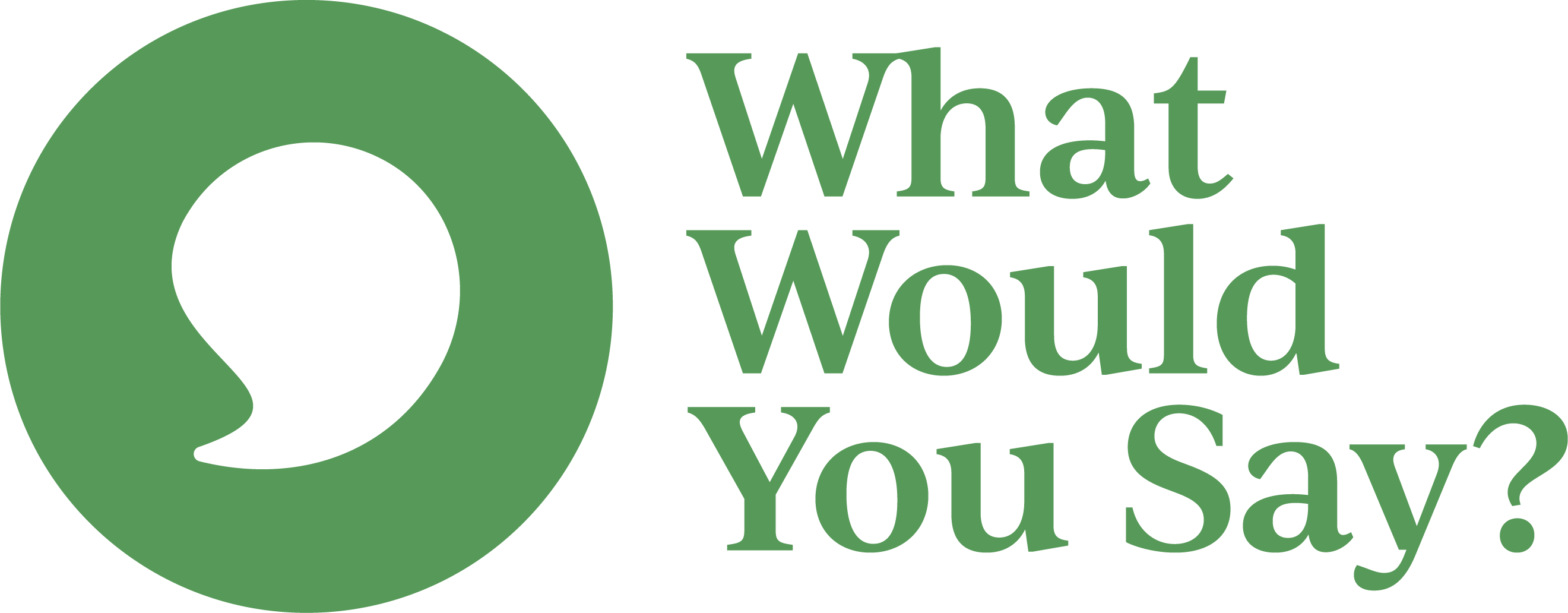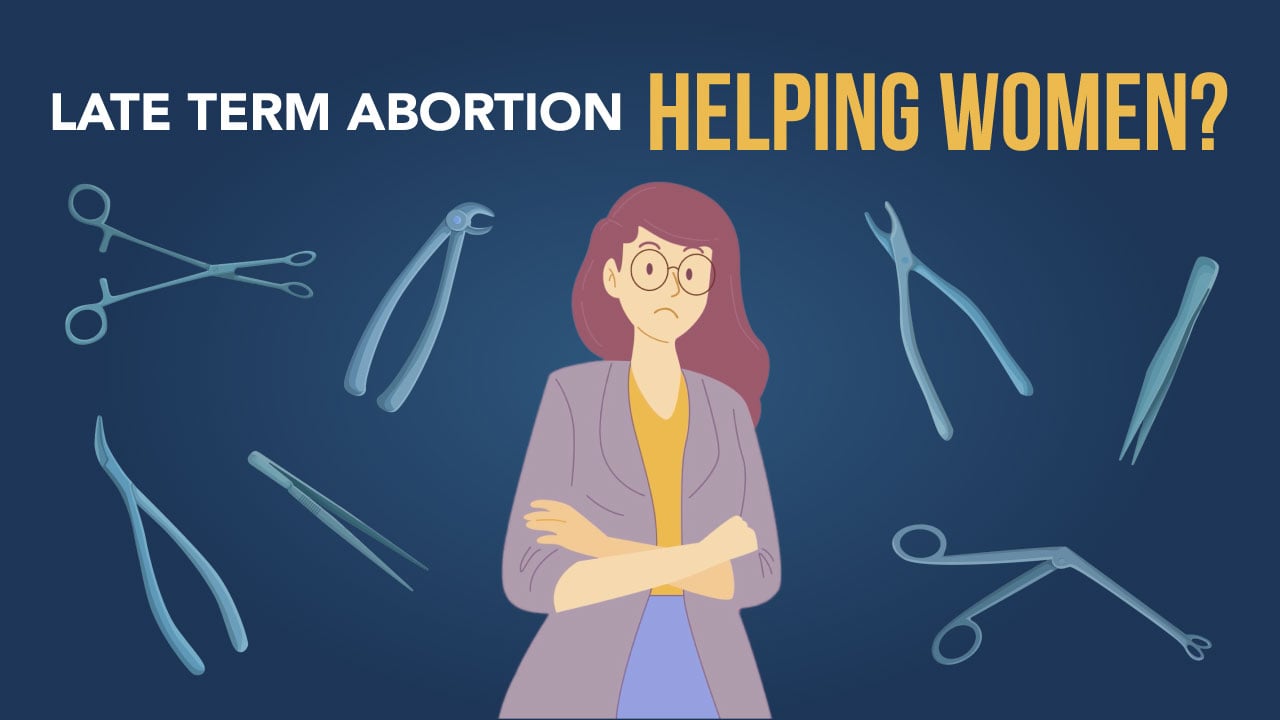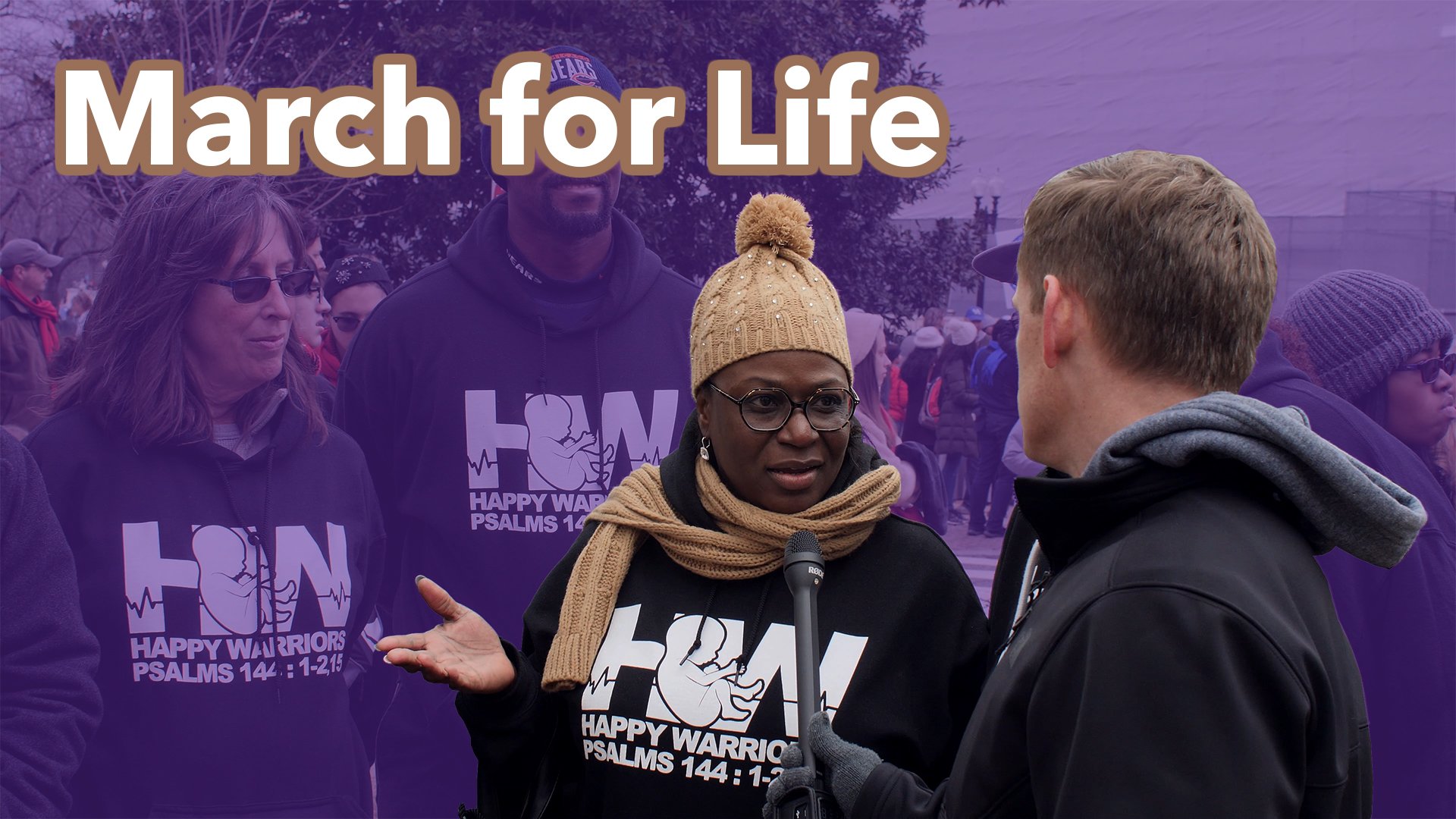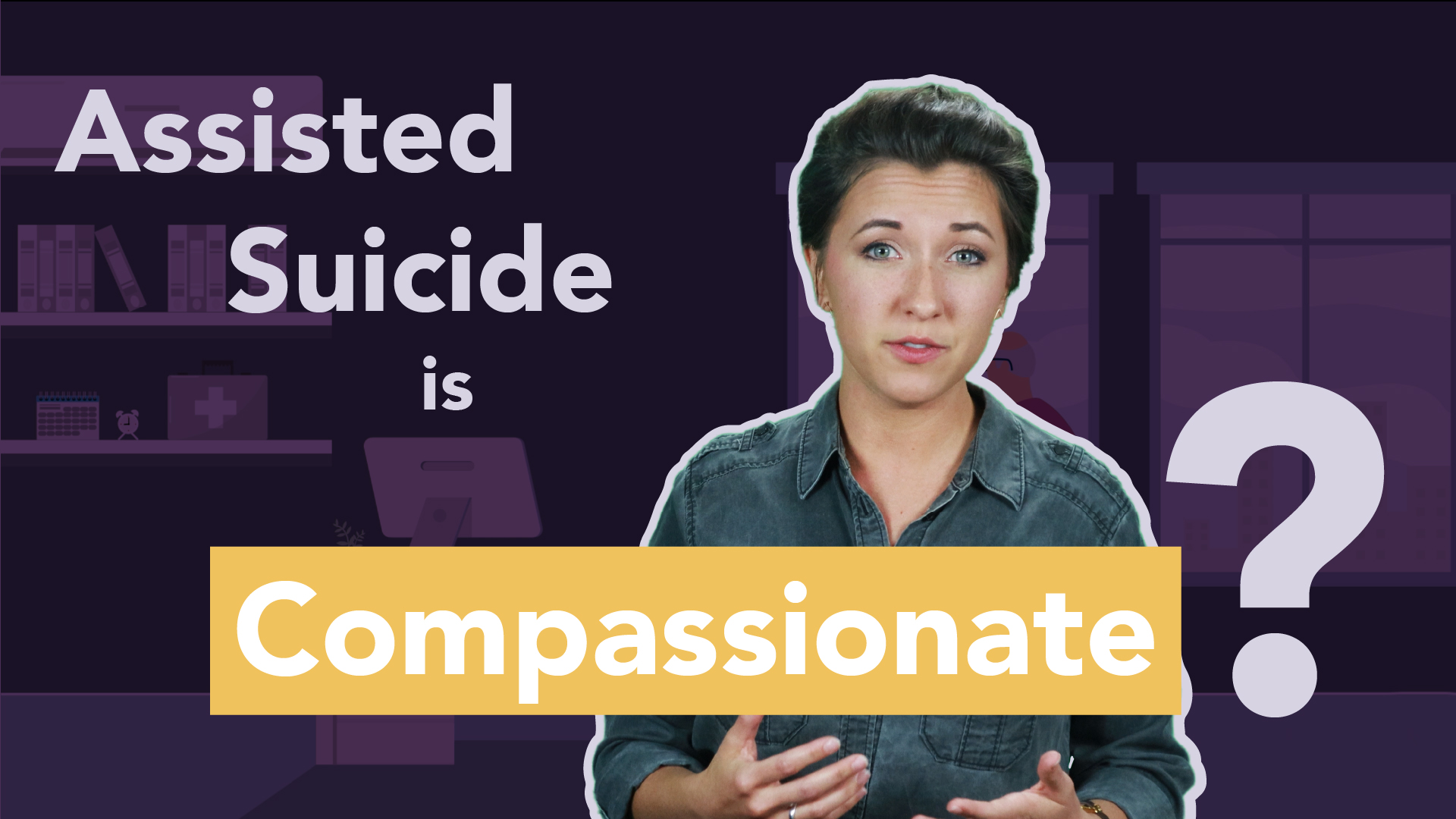Stephanie Gray, Director of Love Unleashes Life, presents us with three things to remember when talking about this question.
You’re in a conversation about abortion, and someone says that an embryo isn’t a person. It’s just a collection of cells, so there’s nothing wrong with abortion at that stage. What would you say? Before we can decide whether an embryo is a person, we have to ask what makes anyone a person. Here are a few things to remember. Our personhood does not depend on our abilities. Some are hesitant to recognize embryos as persons because they don’t function in the same way that fully developed people often do. For example, embryos can’t think or talk. But neither can someone under anesthetic, someone in a coma, or someone who is a sleep think or talk. Newborns can’t think or talk the way adults can. Are they still people? Even adults vary in their ability to think and talk. What we can do does not make us who we are. Our personhood does not depend on our age. The argument that embryos aren’t “fully persons” assumes that our age determines our personhood. But does that make sense? If we have to be old enough to do certain things or look a certain way before we are “persons”, do we lose our personhood once we are too old to do things? I certainly hope not. In times past, some humans with lighter skin denied the personhood of those with darker skin. Everyone rightly recognizes how wrong that is. But if some humans shouldn’t dismiss the personhood of others because of the color of their skin, neither should humans who are older have a right to deny personhood to those who are younger. If it’s not age or ability that makes us a person, what does? Our personhood comes from our nature. To determine what something is, it is helpful to consider its nature, not just its current abilities. It is the nature of birds to fly. If they are too young or injured to do what most birds do, that does not make them less of a bird. While neither an embryo, an infant, or a severely disabled person may be able to think or talk the way we can, the capacity to do so is part of their nature, even if that capacity is undeveloped or impaired. This is why we protect the offspring of endangered animals in the same way we protect their parents. As humans, our shared nature, regardless of our abilities, appearance, or age, gives us equal value. Bad things happen when we deny other’s personhood based on their ability or appearance. Once we abandon the idea that humans have equal value based on their nature, we are left to the whims of the group in power. There was a time when women weren’t considered persons. There was a time when African Americans weren’t considered persons. There was a time when Jews weren’t considered persons. We rightly condemn mistreatment based on sex, race, or ethnicity because we know that these do not determine our humanity. So it is with embryos. They may not have all the same abilities we do, but if they could speak, they would tell us, “I’m just like you, just a little younger.” Let’s Review Our personhood does not depend on our abilities. Nor does it depend on our age. Our personhood, and our equal value, is rooted in our shared nature as humans, regardless of what we can do. And, if we decide people’s value is based on what they look like or what they’re capable of, that puts us in some pretty bad company.





